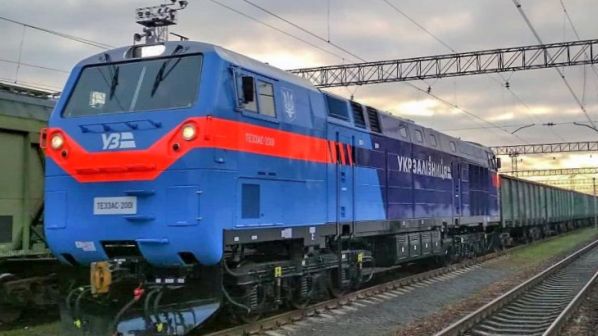The move, which has been welcomed by the management of UZ, lifts a ban prohibiting the privatisation of more than 60 entities which became part of UZ during a restructuring in 2017.
“This is not an auction where they will shout something like UZ is for sale,” says chairman of the board, Mr Evgeny Kravtsov. “This means that we will be able to raise the funds needed to implement a development strategy from the world’s largest investors.
“In the baseline scenario, we need at least Hryvnia 150bn ($US 6bn) for the next five years.”
UZ’s interim results for the first half of 2019 show revenue of Hryvnia 44.2bn, up 11% from the same period last year, with 92% of revenue generated from the transport of freight and passengers. UZ recorded a financial result of Hryvnia 1.1bn, more than double the same period last year. Ebitda reached Hryvnia 7.5bn, up 6% from the same period in 2018.
Potential areas for private investment include rolling stock, the development of passenger stations, port railway infrastructure and the construction of logistics terminals on the border with the European Union. Concessions and an IPO are considered as potential investment tools.
“An IPO is our strategic goal for the next few years,” Kravtsov says. “It is the most optimal tool for attracting large volumes of investments that do not create a debt burden for the company. Plus, it will help improve corporate governance standards in the company.”
Kravtsov says during the process of preparing for the IPO, the company will improve its quality standards, technological processes, corporate governance, profitability and liquidity management and other indicators, which is what UZ needs, and the company’s five year development strategy envisages.
Ukraine’s minister of infrastructure, Mr Vladislav Krykliy, also announced his intention to attract private investment for the development of UZ.
“This does not mean that they will be sold off, but it is a sure signal that the state budget will be replenished with money and investors who will be able to modernise enterprises,” Krykliy says.
The state will retain at least a 50% +1 share stake in the companies opened to privatisation.

